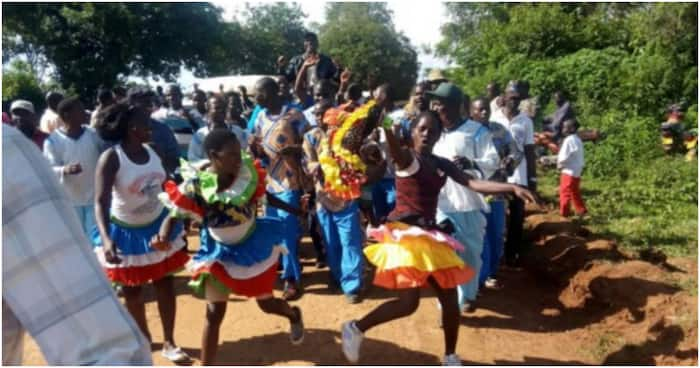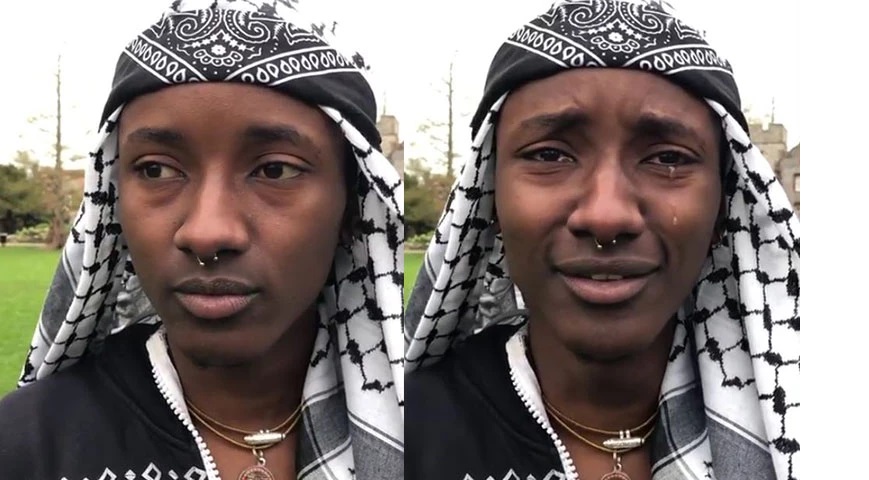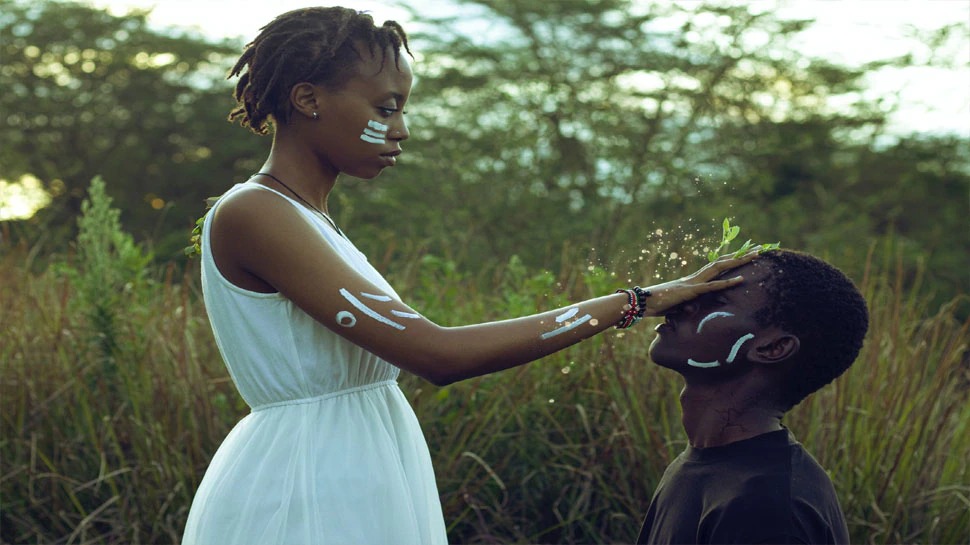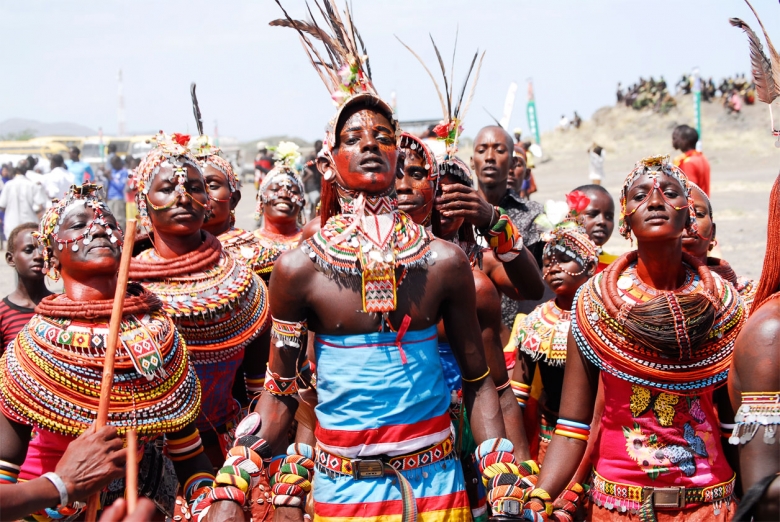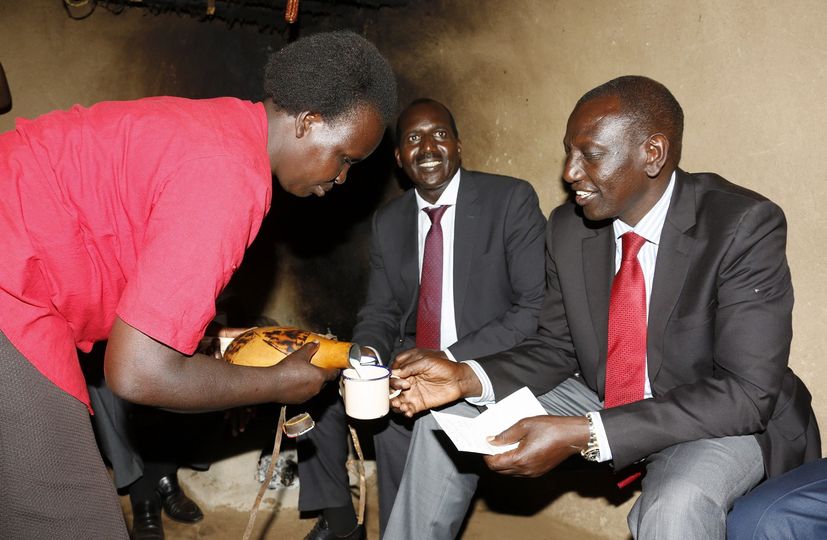The Bukusu, the largest tribe of the Luhya country, believe in life after death, as do many other African tribes.
This group believes that when a kin dies, their body dies but not their soul or mind, according to their elders and the keepers of their tradition.
While many cultures cherish and honor the dead, the Bukusu place special emphasis on the deceased's head.
This is obvious in the fact that whenever the pallbearers hoist the coffin of a deceased relative, the deceased's head must be lifted facing forward to signify him departing the household.
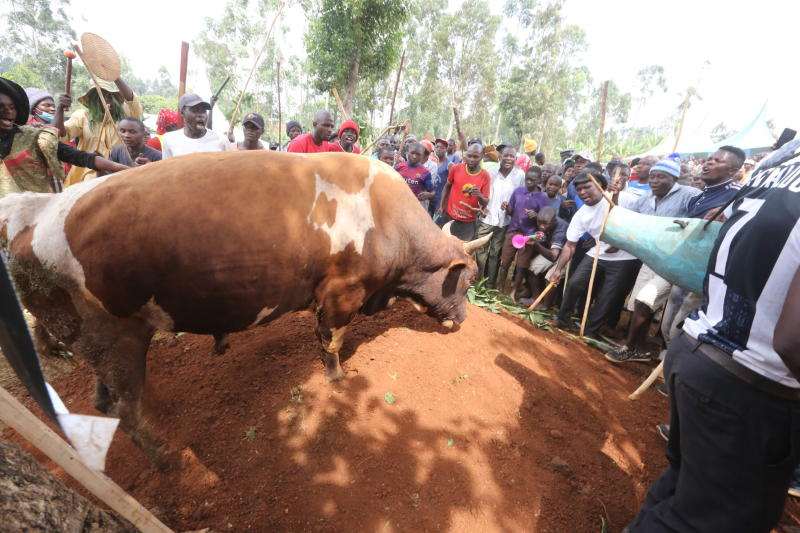
Did you read this?
After the body is removed from the casket, the pallbearers switch positions so that the deceased's legs face forward, symbolizing that the deceased is being assisted in walking to his grave, which will be his final home.
Notably, the Bukusu dig their graves in front of houses, with the deceased's head facing away from the house.
This, they claim, is to allow the deceased to defend the complex and homes of family members who have died.
Furthermore, the Bukusu think that a deceased person without a head is equivalent to a person killed by lightning. A body like this is never brought into the house.
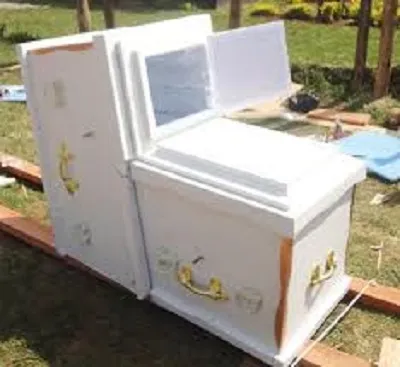
They believe that the human in him is still out there in the wilderness, and because they don't know what circumstances it could be in, it's worthless.
The Bukusu also think that a dead kinsman watches over people who are still alive and has the ability to prevent evil things from happening.
This is why, in their conversations, laments, or incarnations, they say: "nandi okhwimileyo, omwana yuno wamenyakakho," (You could intercede for us to allow this child to live) as they petition the deceased or ancestors, particularly when a child dies not long after the death of eitheir parent.
They also think that the head should never face the house since doing so will force the departed to return to haunt the living family members.

